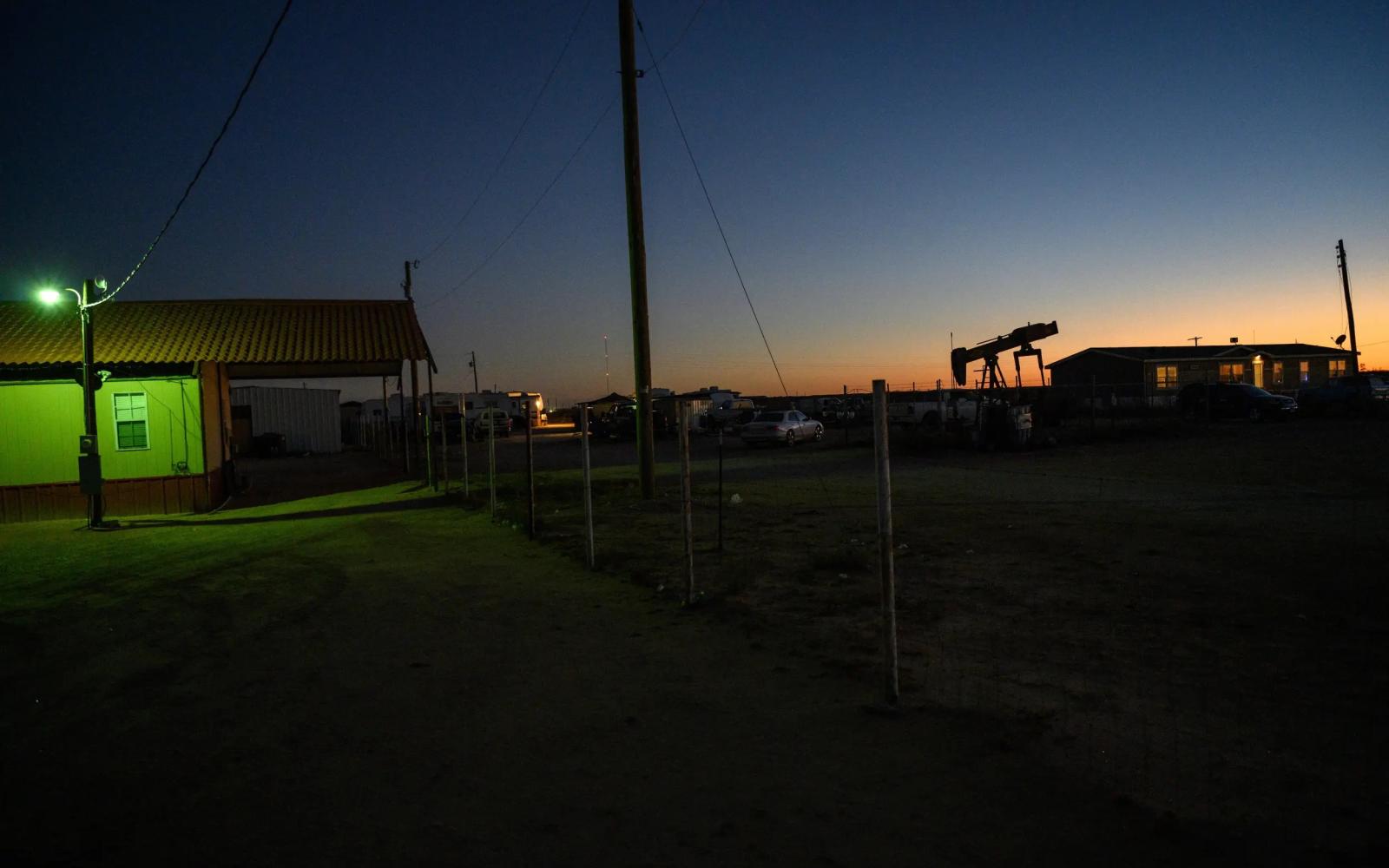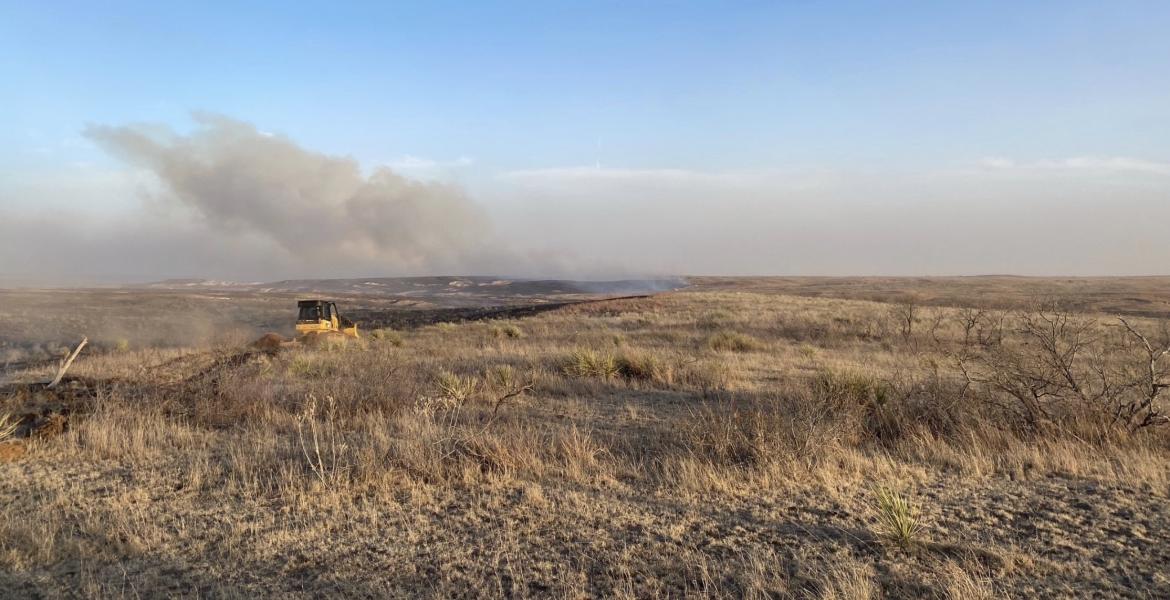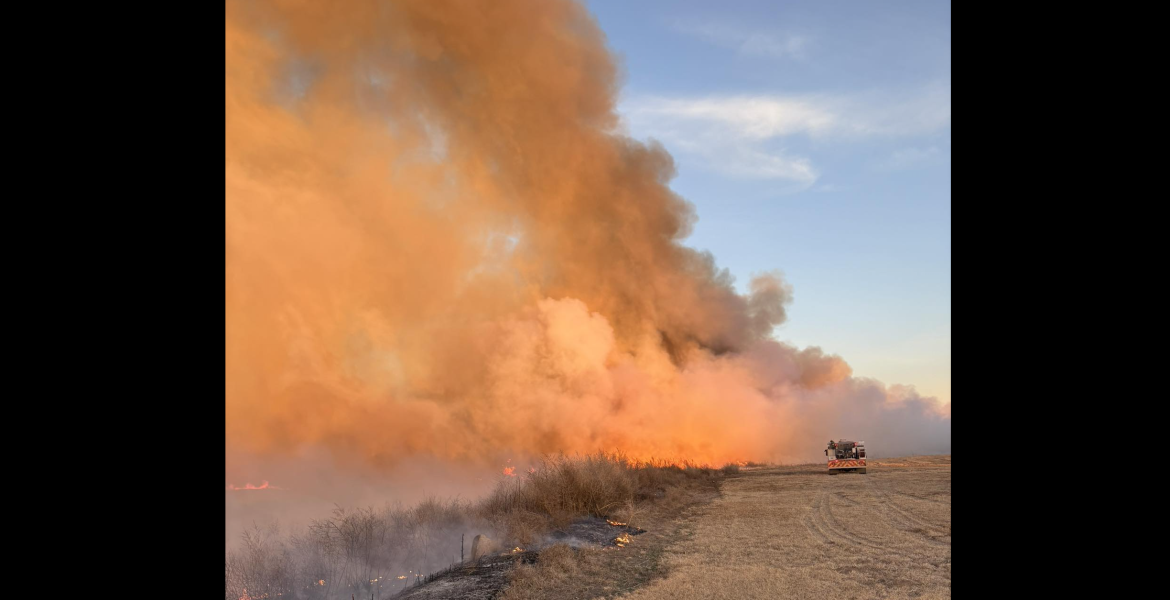By Carlos Nogueras Ramos, The Texas Tribune
"West Texas, oil companies brace for downturn following Trump’s tariffs" was first published by The Texas Tribune, a nonprofit, nonpartisan media organization that informs Texans — and engages with them — about public policy, politics, government and statewide issues.
Subscribe to The Y’all — a weekly dispatch about the people, places and policies defining Texas, produced by Texas Tribune journalists living in communities across the state.
ODESSA, TX — When President Donald Trump boasted about falling oil prices on social media early Monday, the Texas oil and gas industry didn’t cheer along with him.
Trump’s latest round of tariffs set off unease among industry groups representing Texas operators. Trade leaders said Trump’s actions threaten the industry’s ability to continue meeting global oil demand.
“Depending on the length and severity, many companies within, and reliant upon, the Texas oil and natural gas industry could struggle,” said Ed Longanecker, president of the Texas Independent Producers and Royalty Owners Association.
Texas is a dominant force in the nation’s oil and gas industry, supplying more than 40% of its oil and producing more natural gas than it can store, transport or sell. Oil and gas companies drill for enviable amounts of crude oil from thousands of wells in the westernmost region of the state, federal data shows, with no signs of slowing — until this week. Oil prices fell below $60, the lowest in years.
Most of it is drilled in the Permian Basin, a stretch of land containing oil deposits scattered across tens of thousands of square miles where operators big and small produce oil. The region’s very economy hinges on oil and gas, which brings workers, grows the tax base and enriches local and county government budgets.
Many of the companies depend on imports targeted by tariffs to sustain their field operations, trade groups said.
[Cruz says a trade war would cost jobs, spur prices and be terrible for Texas]
Operators prioritize domestic purchases, Longanecker said, but also rely on international products. At least half of critical equipment, including casing that protects drilling equipment, is sourced internationally. Steel, both domestic and international, can take up to 10% of a company’s expenses. Up to 70% of the less critical materials used to drill, such as casing string on the surface, come from South Korea. He said U.S. steelmaking is often reserved for more critical profitable equipment.
One of the companies they represent exclusively uses domestically produced equipment, which is rare. And only sucker rods, which connect equipment on the surface to pumps deep in the well, are 100% sourced domestically.
“Our members procure this material from both domestic and international suppliers, and maintaining the supply diversity is important to control costs and availability,” Longanecker said.
Supply chain disruptions and policy decisions can significantly change these costs for operators. If the tariffs lead to an economic downturn, it could also affect demand and deal a blow to the industry.
Ben Shepperd, president of the Permian Basin Petroleum Association, said tariffs will hurt operators' bottom line.
“Our goal has been to consistently remind policymakers and others that our operators are participating in a global market that has benefited greatly from expanded markets and free trade,” he said. “This also means that our industry is challenged with the effects of regulatory certainty or uncertainty and is vulnerable to the effects of tariffs and inflation.”
If the market remains uncertain, you will see an industry slowdown, he said.
This stall in oil and gas production does not indicate a bust — a devastating drop in oil prices, loss of jobs and a paralyzed economy, experts said.
Ray Perryman, an economist and founder of the Perryman Group, said oil firms will reconsider whether drilling is a worthwhile investment at the current price of oil. It would take a pronounced drop in global demand or available oil for companies to stop altogether.
The oil and gas industry provides the necessary supply to meet demand, both of which have reached record levels. Last year, the U.S. pumped a record-breaking 13 million oil barrels a day. New technology has enabled the industry to create more reserves, meaning it is much more unlikely for a dramatic shortage of oil to occur.
”Unless tariffs become permanent at levels which disrupt the fundamental supply of the entire world economy for an extended period, we are unlikely to see anything like the boom and bust periods of the past,” he said.
Still, the industry has not seen any indications of economic conditions improving anytime soon, said Kirk Edwards, former chair of the Permian Basin Petroleum Association, who runs an independent oil and gas company in the Panhandle. Edwards said the tariffs and oil prices came as a “shock” to the industry, which is grappling with the decisions of an administration that pledged to put them at the forefront.
And with the administration’s volatile approach to tariffs, companies will think twice before putting up a drilling rig in the next two months.
“Nobody in their right mind is going to put out a drilling rig not knowing what the oil price will be,” he said. “The longer that goes on, the weaker the industry is going to be from a service standpoint. Then you have a lot of layoffs, and the banks are going to be calling, and it's not going to be pretty out here if that happens.”
Trump’s actions have frustrated Odessa Mayor Cal Hendrick, a longtime oil and gas attorney, who agrees with Trump’s push for more equitable international trade. But he doesn’t agree with Trump’s method.
He said the tariffs, if sustained, will only hurt the industry and ultimately push cities like Odessa, which rely on the economy it generates, to financial ruin. If the tariffs push companies to lay off workers, he said, cities could lose workers who help expand the city’s tax base and be able to afford infrastructure improvements and growth.
“It affects my neighbors that are gonna have to cut jobs, cut the truck drivers and the welders, and these are our people,” Hendrick said. “It’s impossible to support a policy, no matter how well-intentioned, that negatively affects people.”
Disclosure: Ben Shepperd and Permian Basin Petroleum Association have been financial supporters of The Texas Tribune, a nonprofit, nonpartisan news organization that is funded in part by donations from members, foundations and corporate sponsors. Financial supporters play no role in the Tribune's journalism. Find a complete list of them here.
Tickets are on sale now for the 15th annual Texas Tribune Festival, Texas’ breakout ideas and politics event happening Nov. 13–15 in downtown Austin. Get tickets before May 1 and save big! TribFest 2025 is presented by JPMorganChase.
This article originally appeared in The Texas Tribune at https://www.texastribune.org/2025/04/09/west-texas-permian-basin-oil-price-donald-trump-tariff/.
The Texas Tribune is a member-supported, nonpartisan newsroom informing and engaging Texans on state politics and policy. Learn more at texastribune.org.

Oil and gas industry leaders said this week that prolonged tariffs and uncertainty in the economy could hurt production. Credit: Eli Hartman/The Texas Tribune
Subscribe to the LIVE! Daily
Required






Post a comment to this article here: